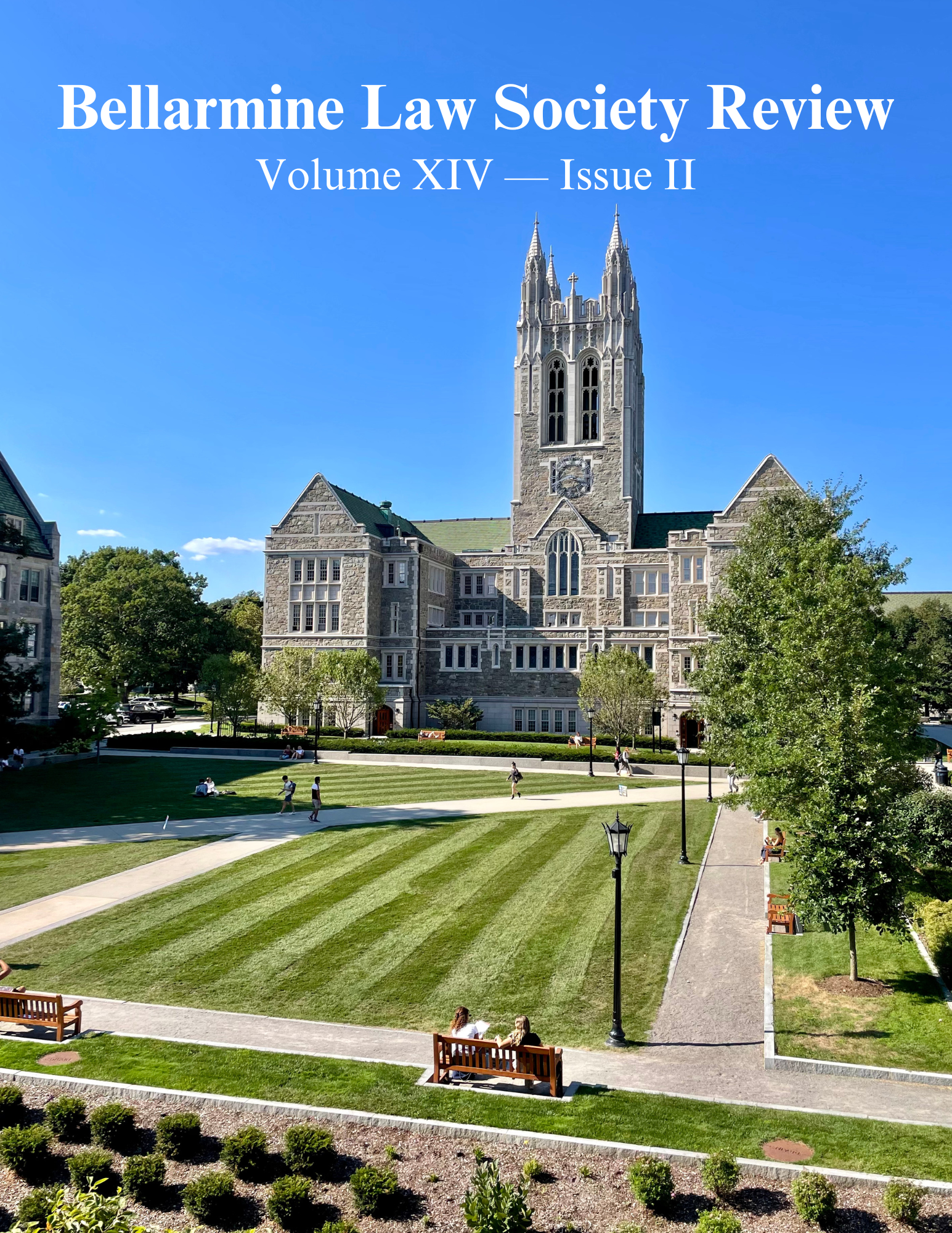Affirmative Action Revisited
The Future of College Admissions
Keywords:
Law, Policy, Affirmative Action, Fourteenth Amendment, Title VI, 1964 Civil Rights Act, Bakke, SFFA, Equal Protection, Strict ScrutinyAbstract
This paper examines the evolving debate over affirmative action in U.S. college admissions, focusing on its legal, economic, and societal implications. Rooted in the historical context of systemic racial inequities, affirmative action policies have aimed to bridge the disparities in access to higher education. However, recent legal challenges, such as Students for Fair Admissions v. Harvard, have highlighted conflicts between diversity objectives and principles of equal treatment under the law. This analysis explores arguments for and against affirmative action, the measurable benefits of diverse educational environments, and concerns about meritocracy and efficiency. Alternative policies, such as programs to increase access to social capital and socioeconomic-based admissions schemata, are proposed to reconcile opportunity with inclusivity. Ultimately, the paper advocates for strategies that enhance diversity while aligning with constitutional law.
Published
How to Cite
Issue
Section
License
Copyright (c) 2024 William Dee

This work is licensed under a Creative Commons Attribution-NonCommercial 4.0 International License.
Please follow the link for further Copyright and License Information.


